WHAT IS THE BEST MONTH TO PLANT ROSES?
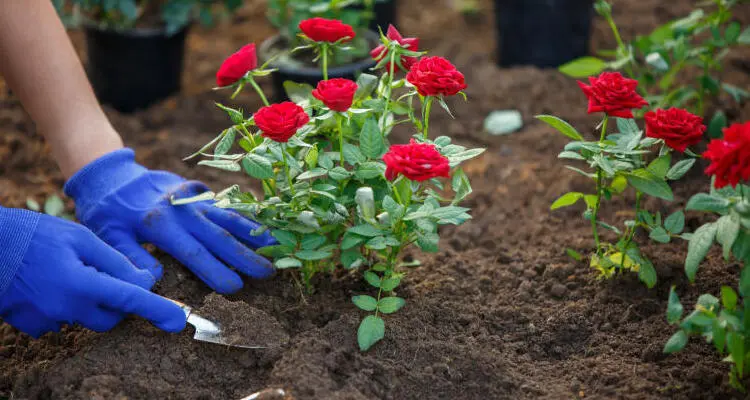
The spring season is the best season to plant roses under protected conditions. Conversely, roses can be planted at any time in any month, but February to March is the most excellent time to promote the early flowering of the rose plant. Roses carry out the best if you plant them in early spring.
Roses are best grown in the month of spring after the last hoar frost or fall for at least six weeks before your average first frost.
What is specimen planting?
Specimen plants are those that grow by themselves, normally in a house or a garden for decorative purposes rather than being accumulated with others, such as hedge plants, or bedding plants. The rose that is planted on its own makes a smart and handsome specimen plant, maybe on a lawn or to mark a concentrated point in a garden or in a landmark.
Specimen plants are plants that are alienated (separated) with some space from other plants. Their looks are so unique in other words you can say they are showy plants used for decorative purposes.
An excellent example of specimen planting is the flowering trees that can be good specimen trees, particularly if the flourishes last a long time and are showy. Trees with pleasing forms, like weeping willow, can also serve as engaging specimen trees.
What are miniature roses?
Miniature roses are roses that are miniature forms of hybrid tea or floribundas roses. They have tiny stalks or stems, bracts (leaves), and flowers. By the name only it is understandable that miniature means petite or tiny. These roses are produced to stay dwarf in size. Miniature roses have varieties of colors and shapes, and types and usually they are extremely hardy and multipurpose roses.
In miniature roses, the flowers are filled densely with petals and their appearance is so antique. Miniature roses are formed on shrubs and they never grow larger than 36 inches. These roses are ancient plants. They are also used as a showy plant as these rose, petals are so dense and look gorgeous when bloom. These roses come year after year with bright attractive buds. These miniature roses need bright light, cool temperatures, and moist soil to bloom. Their smell is so fragrant and aromatic.
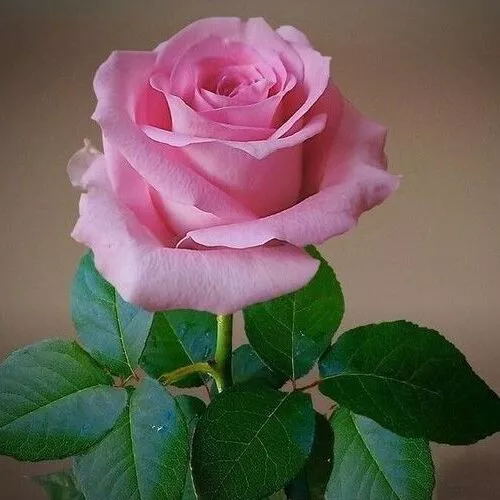
What are mulching roses?
Mulching is a very important process that the rose plant needs. Mulching is the enumeration (addition) of a protective layer around the base of your roses. By doing this process your roses help themselves to retain their moisture, also deliver proper nutrients to your rose, destroy weeds (wildflowers) as they grow. For your mulch material, we advise using the best quality garden compost, well-decayed manure from a native (local) farm.
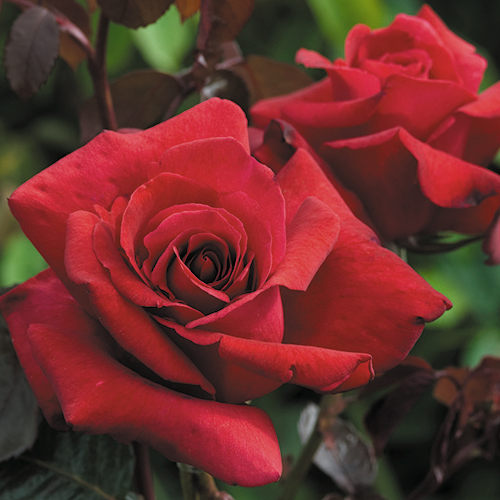
For effective mulching, pertain a good and thick layer of mulch for at least 2 to 3 inches in spring before the wildflowers start to raise so that roses can retain their moisture rapidly and can grow effectively. It is important to feed your rose before mulching so after the first feed immediately mulch your rose.
How do you plant ground-cover roses?
Ground cover roses are sprawling (irregular) and spreading shrub roses, mostly they have prick stems and shiny or sparky bracts (leaves). These roses are dense and bear bunches of various single to fully double, sometimes aromatic flowers, and usually flourish nonstop. These roses are low-growing with a sturdy spreading habit and are considered background roses by some people.
Some ground cover roses lack musky (sweet-smelling) but the flower number more than makes up for the lack of scent. These plants are short sprawling plants and they generally grow from 2 to 3 feet tall and spread wider than their height (from 4 to 7 feet or more). Yellow ribbons, red cascade, seafoam (white), Vinca, and pachysandra are some good groundcover flowers. These roses provide easy-care nature and also they can resist leaf disease.
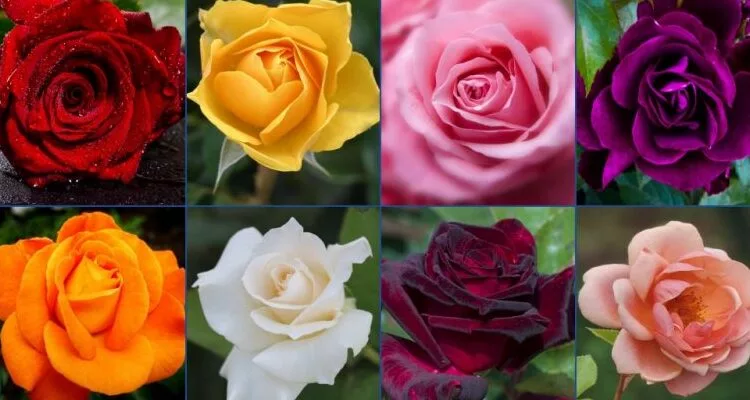
What should you not plant next to roses?
-
Bunchberry, fuchsia, toad lilies and leopard plants are some of the plants that you should not grow next to roses. Depending on the variety, roses flourish in almost any hardness region. Roses are also categorized as heavy feeders, also they require nutritious soil that is lower in nitrogen. They are sun lovers and require well-draining soil. Frequently soil and misty (wet) roots will cause a plethora of problems, mainly root decay. Noticing these circumstances in mind, some plants that are not suited by roses are-
-
Bunchberry – they require shade and lots of liquefied water to bloom.
-
Fuchsia – they also need shade for flourishing their buds and also rich moist soil is needed by them in an abundance.
-
Toad lilies – they flourish or bloom best in shade but need well-draining soil.
-
Leopard plants – these plants are shade lovers and so require shade and also moist is needed by them, meaning to say require slightly alkaline soil to grow.



 Indoor Plant Fertilizers
Indoor Plant Fertilizers  Potted Plant Fertilizers
Potted Plant Fertilizers 


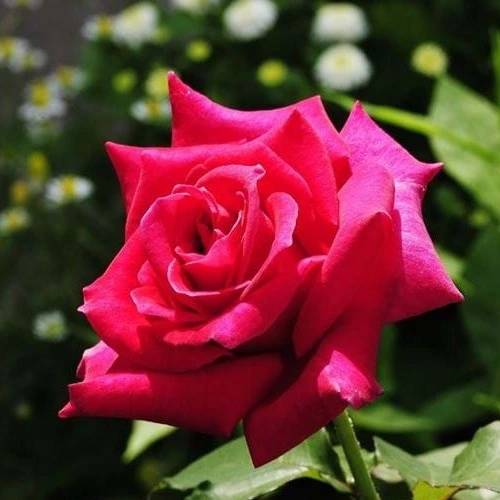
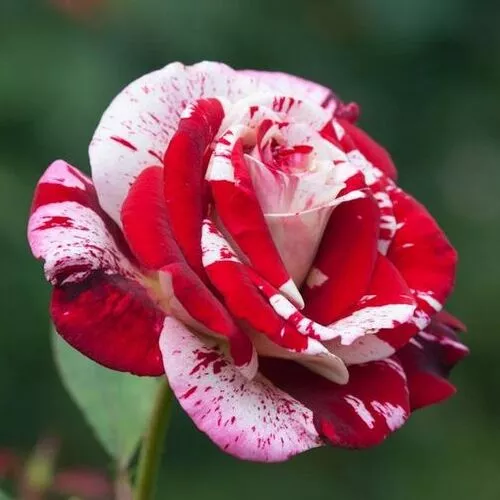
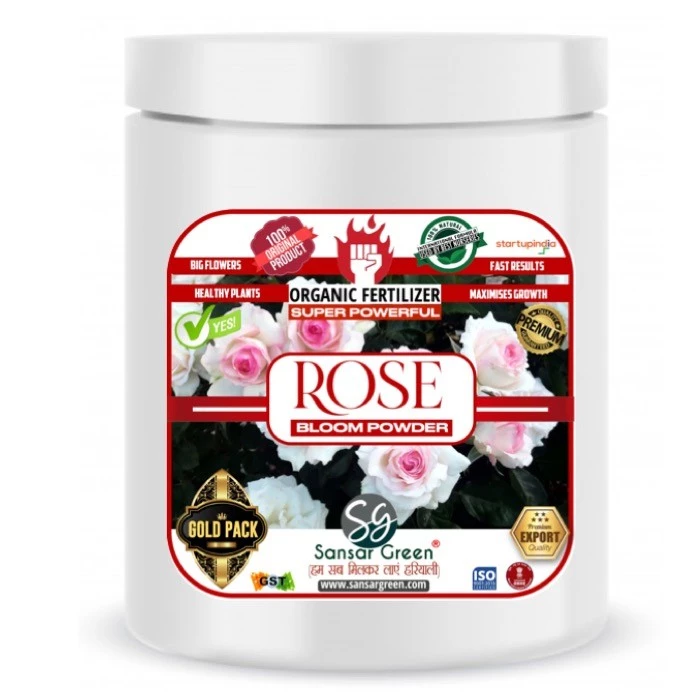
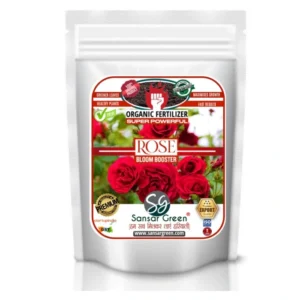
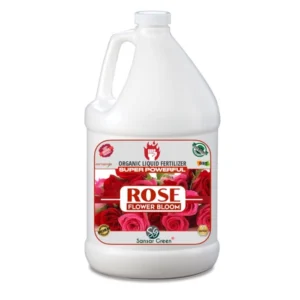
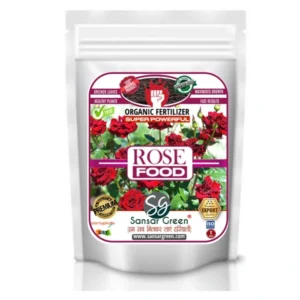
 Hibiscus Fertilizer
Hibiscus Fertilizer Bougainvillea Fertilizer
Bougainvillea Fertilizer Orchid Fertilizer
Orchid Fertilizer Carnation Fertilizer
Carnation Fertilizer Azalea Fertilizer
Azalea Fertilizer Plumeria Fertilizer
Plumeria Fertilizer Growth Fertilizer +
Growth Fertilizer + Succulent Fertilizer
Succulent Fertilizer Indoor Plant Fertilizer
Indoor Plant Fertilizer Money Plant Fertilizer
Money Plant Fertilizer Lawn Grass Fertilizer
Lawn Grass Fertilizer Lucky Bamboo Fertilizer
Lucky Bamboo Fertilizer Areca Palm Fertilizer
Areca Palm Fertilizer Tulsi Fertilizer
Tulsi Fertilizer Tea Plant Fertilizer
Tea Plant Fertilizer Fruit Fertilizer +
Fruit Fertilizer + Lemon Fertilizer
Lemon Fertilizer Mango Fertilisers
Mango Fertilisers Grape Fertilizer
Grape Fertilizer Guava Fertilizer
Guava Fertilizer Papaya Fertilizer
Papaya Fertilizer Coconut Fertilizer
Coconut Fertilizer Litchi Fertilizer
Litchi Fertilizer Orange Fertilizer
Orange Fertilizer Strawberry Fertilizer
Strawberry Fertilizer Iron Dust Fertilisers
Iron Dust Fertilisers Micro-Nutrients
Micro-Nutrients Seaweeds Fertilizer
Seaweeds Fertilizer Carbon Dust Fertilizer
Carbon Dust Fertilizer Slow Release Fertilizer
Slow Release Fertilizer Vegetable Fertilizer +
Vegetable Fertilizer + Capsicum Fertilizer
Capsicum Fertilizer Tomato Fertilizer
Tomato Fertilizer Chilli Fertilizer
Chilli Fertilizer Coriander Fertilizer
Coriander Fertilizer Leafy Veg Fertilizer
Leafy Veg Fertilizer Flower Fertilizer
Flower Fertilizer Liquid Lemon Fertilizer
Liquid Lemon Fertilizer Liquid Drops +
Liquid Drops + Hydroponic Fertilizer
Hydroponic Fertilizer Office Plants
Office Plants Table Top Plants
Table Top Plants Indoor Plants
Indoor Plants Bathroom Plants
Bathroom Plants Bed Room Plants
Bed Room Plants Study Room Plants
Study Room Plants Cactus Plants
Cactus Plants Good Luck Plants
Good Luck Plants Succulent Cactus Plants
Succulent Cactus Plants Kitchen Plants
Kitchen Plants Flower Plants
Flower Plants Herbal Plants
Herbal Plants Mealybug Remover
Mealybug Remover insecticide
insecticide Fungicide
Fungicide Pesticide
Pesticide Herbicide
Herbicide Weedicide
Weedicide Power Tools
Power Tools Planter
Planter Pebbles
Pebbles
 Sansar Green
Sansar Green



